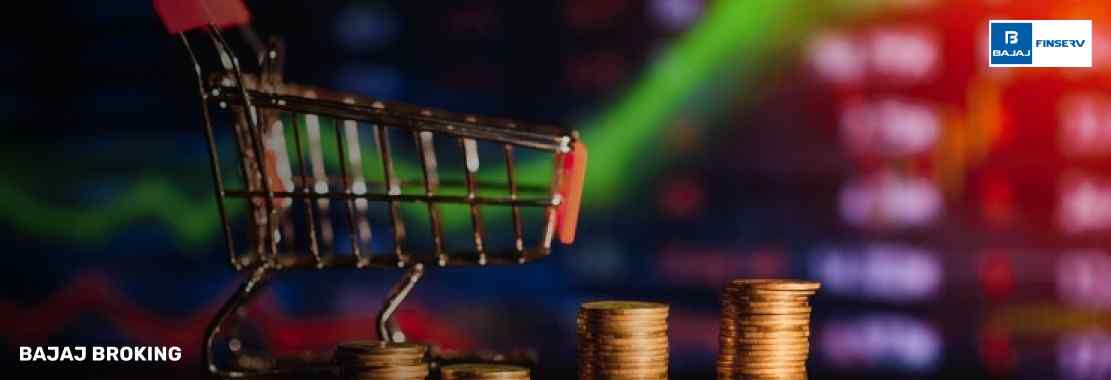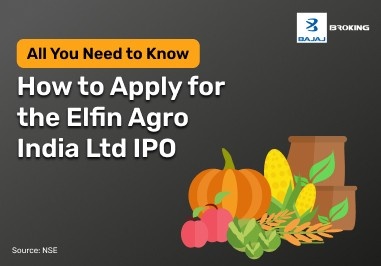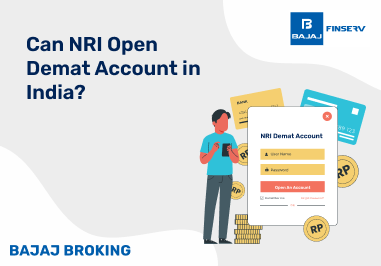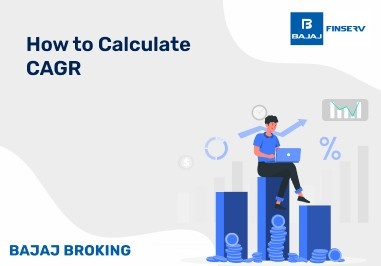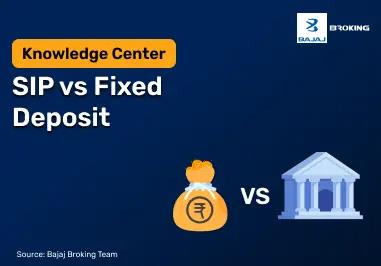In the world of trading, commodity and foreign exchange readings are some of the most sought-after and popular choices. The very basic difference between the two is that the commodity market deals in commodities like agricultural products, metals, energy, etc. In forex trading, currency pairs are traded. These two are present globally and can often be read in the headlines.
Choosing the trade market and approach is crucial to fulfilling personal financial goals. Depending on the trading goals of the trader, one may choose either or both of the markets. To help you choose the right one, we will guide you through the differences between the two. By understanding the differences between commodity vs forex trading, you may be able to make the right trading decisions for your goals.
What is Commodity Trading?
Commodity trading, as the name may suggest, trades in commodities. It includes several commodities like metal, energy, etc. Globally, around 50 commodity markets deal in over 100 commodities. In India, the following are the popular commodity markets:
Multi-Commodity Exchange of India Limited (MCX)
National Multi-Commodity
Derivatives Exchange of India Limited (NCDEX)
ACE Derivatives and Commodities Exchange
Universal Commodity Exchange Limited
These are commodity exchanges, like a stock exchange, that specifically trade in commodities. In the international market, Commodity Exchange (COMEX) and New York Mercantile Exchange (NYMEX) are some of the popular commodity markets.
One may invest in the commodity market through various entries. However, futures trading is the most common one. In futures contracts, the trader can buy or sell the chosen commodity on a future date and at a predetermined price. Commodity markets are usually open for long hours giving more flexibility to the traders.
Factors Affecting Commodity Prices
Some of the factors that may affect commodity prices are:
Supply and Demand
Prices are primarily determined by supply and demand. When supply exceeds demand, prices tend to decline. But when demand outstrips supply, prices will increase.
Inflation
Inflation impacts the entire economy. When inflation rises, the worth of money falls, and products become dearer. The government can attempt to curb inflation by increasing interest rates, which helps reduce prices.
Geopolitical Events
In the world today, what happens in one country may influence others. Wars, political instability, or regime changes may interfere with the production, movement, or exchange of goods, resulting in increased prices.
Natural Disasters
Most goods rely on the weather to produce. Floods, droughts, or earthquakes may damage production or ruin goods, and this usually results in price rises.
Pros and Cons of Commodity Trading
Commodity trading has both pros and cons. Let's have a look at both the aspects:
Pros of Trading in Commodity Markets
Some of the highlighting benefits of participating in commodity trading are:
Helps diversify an investor’s portfolio.
Certain commodities like gold can serve as a hedge against inflation.
Backed by physical goods, commodities have intrinsic value.
Cons of Trading in Commodity Markets
The commodity market can have certain limitations, too. These are:
Requires higher capital compared to forex trading.
Agricultural commodities are vulnerable to climate risks and may involve storage costs.
Trading hours are limited and depend on the exchange.
What is Forex Trading?
Forex trading stands for foreign exchange trading. It is a type of trading that deals in pairs of currencies. In forex trading, currency pairs across the globe are purchased and sold. Several banks, including central banks of some countries and financial institutions, participate in forex trading.
In a currency pair, one currency is purchased while the other one is sold. These two are termed as the base and quote currencies. In the derivatives market, one can practice currency trading in futures and options. Direct currency exchange can also be done. The following are some of the important and popular currency pairs:
(EUR/USD)
(GBP/USD)
(USD/JPY)
The National Stock Exchange (NSE), Metropolitan Stock Exchange of India (MSE), and Bombay Stock Exchange (BSE) are the common stock exchanges that permit forex trading.
Factors Affecting Forex Prices
Some of the common factors affecting the prices in the forex trading are as follows:
Interest Rates
Interest rates significantly influence the economy of a country. An increase in interest rates tends to make the currency of a country appreciate. Conversely, low interest rates tend to devalue the currency.
Geopolitical Events
Wars or political instability can damage the economy of a country and tend to cause a fall in its currency value.
Central Bank Policies
Central bank decisions—such as money supply control or inflation management—may affect the currency's strength.
Economic Indicators
Critical information such as GDP growth, inflation, and employment figures inform economic policies. These policies then impact the value of the currency.
Pros and Cons of Forex Trading
Several benefits and limitations of forex trading are discussed below:
Key Differences Between Commodity and Forex Trading
So far, you may have understood forex & commodities and how these are traded on Indian and international levels. For a deeper understanding, here is a table presenting the key differences between commodity trading and forex trading:
Factor
| Commodity
| Forex
|
Market Size
| Significantly large but smaller than the Forex market
| Largest financial market in the world
|
Assets
| Physical commodities like gold, wheat, crude oil, etc.
| Currencies such as USD, GBP, JPY, etc.
|
Leverage
| Typically moderate, depending on the exchange.
| Very high leverage in Indian markets. Leverage is in the ratio of 1:50 for major pairs and 1:20 for minor pairs.
|
Volatility
| High volatility due to geopolitical events, supply, and demand.
| High volatility due to central bank policies or economic events.
|
Liquidity
| Liquidity is higher for major commodities and lower for lesser-traded commodities.
| Highly liquid.
|
Trading Hours
| Trading hours depend on the exchange
| Open 24 hours a day from Monday to Friday.
|
Regulation
| Subject to heavy regulations.
| It is comparatively less regulated than commodity markets.
|
Suitability
| Suitable for hedgers or long-term investors.
| Ideal for day traders or scalpers.
|
Which Market Offers Better Opportunities for Traders?
Now that you know about both the types of market; forex and commodity markets, which one is the better market? Well, there is no one-size-fits-all answer to this question. Clearly, both markets deal in different types of trading. In the commodity market, physical goods like gold, oil, or agricultural products are traded, while forex trading is about currency pairs like USD/INR or EUR/USD.
To choose the most suitable one for yourself, you need to assess your personal trading interests and financial goals. Considering a few factors can help you realize the best one in your case. Forex markets tend to offer higher liquidity and operate 24/5, making them suitable for short-term traders. Commodity markets, on the other hand, can be influenced by seasonal trends and global demand, which may appeal to long-term investors.
Also consider factors like market volatility, required capital, and the time you can dedicate. Understanding these can help you pick the market that aligns best with your strategy and comfort level.
Getting Started with Commodity and Forex Trading
Planning to start with forex or commodity trading? Here are some tips:
Learn the fundamental differences between forex and commodity trading before you start.
Select a good broker who provides trading in both currencies and commodities.
Compare brokers on the basis of features, charges, and ease of use of platforms.
Fund your trading account with the initial capital.
Choose the currency pair or commodity you want to trade.
Develop a solid trading plan depending on your objective and risk level.
Use tools such as TradingView to perform technical analysis and analyze candlestick charts.
Adhere to strong risk management principles at all times.
Avoid over-leveraging your trades.
Always use a firm stop-loss to prevent big losses.
Conclusion
Both forex and commodities present their own opportunities and challenges. Commodity trading is associated with physical assets and is usually preferred by long-term investors, whereas forex trading is concerned with currency pairs and is suitable for short-term traders because of its high liquidity and 24/5 market availability.
The best option depends on your risk tolerance, trading style, and financial goals. With correct knowledge, analytical tools, and risk management, traders can be successful in both markets. Having the correct broker also has an important part to play in general trading success.
